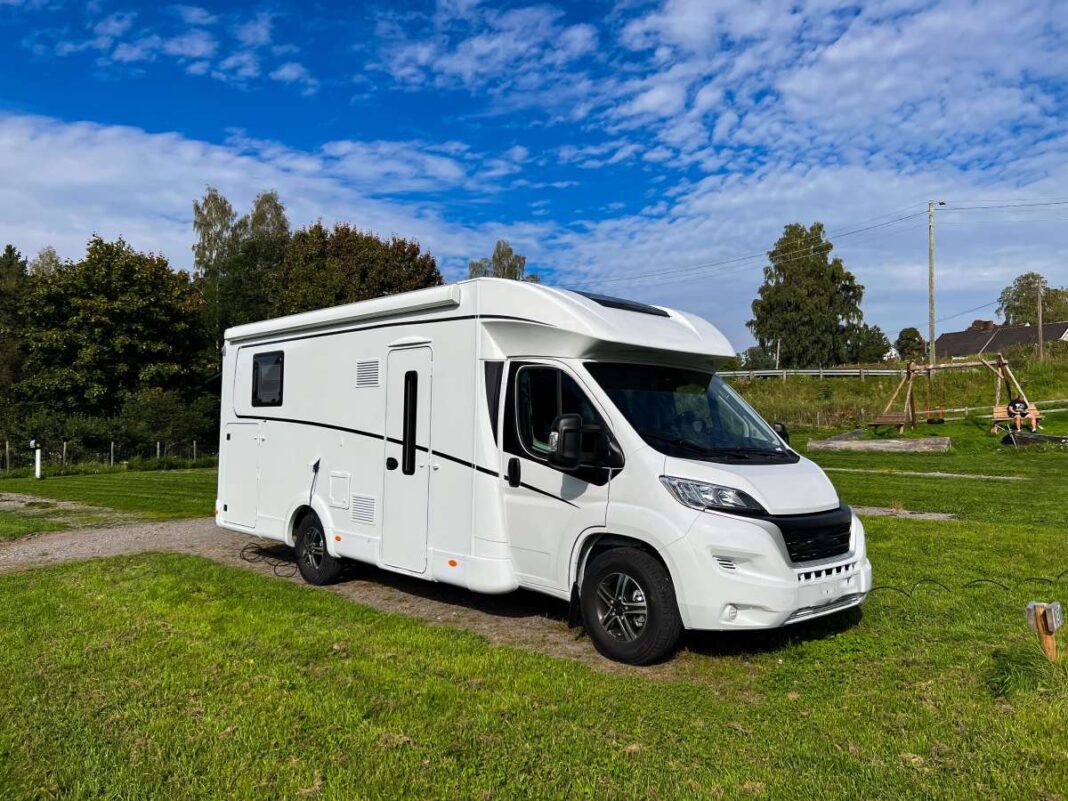The allure of the open road has captivated adventurers for generations, but the 21st century has redefined what it means to travel in comfort and style. Recreational vehicles (RVs) have evolved from simple mobile shelters to luxurious homes on wheels, offering an unparalleled blend of freedom and opulence. This transformation reflects not only technological advancements but also a shift in consumer desires toward upscale, personalized travel experiences.
Early Origins of RVs
The concept of combining transportation with living quarters dates back to the early 20th century. Pioneers like Roland Conklin embarked on cross-country journeys in elaborate vehicles such as the 1915 Gypsy Van, which featured amenities unheard of at the time, including a kitchen and sleeping accommodations. This vehicle set a precedent for combining transportation with shelter, marking the genesis of the RV movement.
Simultaneously, innovators like Glenn H. Curtiss introduced the fifth-wheel hitch, enhancing towing capabilities and paving the way for modern trailer designs. These early adventurers laid the groundwork for an industry that would eventually cater to both practicality and luxury.
Evolution Through the 20th Century
The aftermath of World War II saw a boom in the RV industry. Advancements in materials and manufacturing led to more affordable and comfortable RVs, making them accessible to a broader audience. Brands like Airstream became cultural icons in the 1930s, with their durable and stylish designs symbolizing freedom and exploration. The RV industry expanded significantly in the 1950s and 1960s, introducing features like home-like amenities and aerodynamic designs that improved efficiency and aesthetics.
Despite challenges such as the oil crisis in the 1970s, the industry adapted by focusing on fuel efficiency and compact models. This adaptability ensured the RV’s place as a fixture in American culture, embodying the spirit of adventure and the comforts of home.
The Shift Towards Luxury: Late 20th to 21st Century
As technological innovations accelerated, RVs began to incorporate luxury features that catered to a clientele seeking upscale experiences on the road. Manufacturers like Winnebago introduced affordable models with advanced amenities, while high-end brands like Prevost and Newmar offered motorhomes equipped with satellite TV, GPS, and internet connectivity. These developments transformed RVs into mobile luxury homes, appealing to those who desired both adventure and comfort.
The turn of the century saw a surge in demand for personalized, high-quality travel experiences. Consumers sought RVs that provided shelter and reflected their lifestyles and aspirations. This demand spurred manufacturers to emphasize design, technology, and luxury in their offerings.
Modern Luxury RVs and Technological Innovations
Today, luxury RVs epitomize the fusion of cutting-edge technology and sophisticated design. Brands like Club Campers and Forest River have revolutionized the industry by offering trailers with smart home technology, eco-friendly innovations, and opulent interiors. These vehicles represent a shift from practicality to opulent mobile living spaces, featuring gourmet kitchens, master suites, and spacious living areas adorned with high-end materials and finishes.
Technological advancements have introduced features such as autonomous driving aids, advanced climate control systems, and renewable energy sources like solar panels. RVs now offer connectivity options that rival those of stationary homes, ensuring travelers remain connected wherever the road takes them.
Additionally, the rise of the ‘van life’ movement and social media has influenced RV designs. Manufacturers are increasingly focusing on aesthetics, customization, and the integration of sustainable materials to appeal to environmentally conscious consumers.
The Future of Luxury RVs
Looking ahead, the RV industry is poised to embrace even more innovative and sustainable technologies. Developments and innovations in electric and hybrid propulsion systems are anticipated to reduce environmental impact, aligning with global trends toward eco-friendly travel. Autonomous driving technology may further revolutionize how RVs are operated, enhancing safety and convenience.
Personalization will likely continue to be a significant trend, with manufacturers offering customizable layouts and features to meet individual preferences. Integrating augmented reality (AR) and virtual reality (VR) technologies could enhance the travel experience, providing immersive navigation and entertainment options.
Moreover, the industry may see a convergence of luxury services, with RV companies partnering with exclusive resorts, offering concierge services, and creating tailored travel itineraries. This holistic approach to luxury travel reflects a consumer desire for seamless experiences that combine mobility, comfort, and personalized service.
Conclusion
The evolution of recreational vehicles into luxury homes on wheels is a testament to human ingenuity and the enduring allure of exploration. From humble beginnings to the opulent motorhomes of today, RVs have continually adapted to reflect societal changes and technological advancements. As we move further into the 21st century, luxury RVs are leading the way in redefining travel and leisure.
For those seeking to experience this blend of freedom and sophistication, now is the perfect time to embark on your own adventure. Explore the latest offerings from industry leaders and discover how luxury on wheels can transform your travel experiences.

